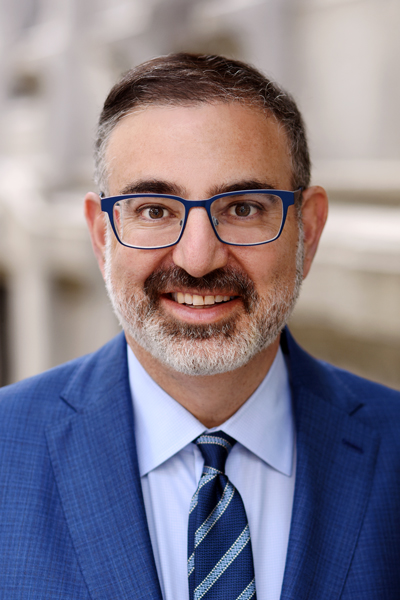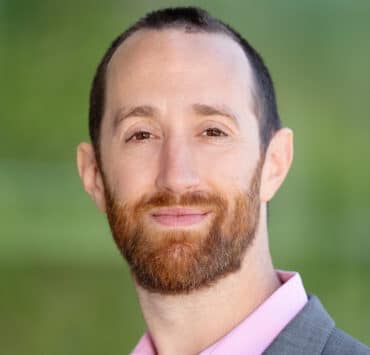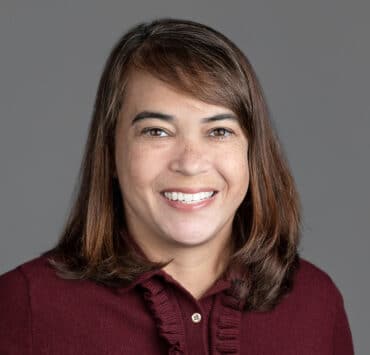|
Getting your Trinity Audio player ready...
|
When Matthew Furman joined Willis Towers Watson as general counsel in 2015, he was looking forward to a challenge—but he had no idea how tumultuous his first few months with the company would be. Shortly after he was hired, he was thrown headfirst into a merger between Willis Group and Towers Watson that would form the current company.
In the years since, he and his team have helped the company navigate strategic challenges such as integrating the predecessor firms, completing significant acquisitions that expanded the company’s geographic scope and product lines, and successfully resolving the largest litigation exposures in the company’s history. Most recently, he and his team have been working on a proposed combination with Aon, which, if approved by regulators, would create a company with a market capitalization over $80 billion.
“I knew when I joined Willis Towers Watson that it would be a dynamic company with a proud history, and I knew it was going through changes—so the decisions that the management team made would have a significant impact on its future,” Furman says. “Little did I know how dynamic a job it would be.”

Fortunately, Furman’s previous experience had helped prepare him for the job. He began his career at Simpson Thacher, where he rose to senior associate before transitioning to an in-house role at Goldman Sachs. There, he served as vice president and associate general counsel, advising on US and international financings and securities offerings as well as Securities and Exchange Commission (SEC) and investor communications. After seven years with Goldman Sachs, he joined the Travelers Companies as senior vice president and group general counsel for corporate and governance. He spent another seven years there before making the move to his current role in 2015.
At Willis Towers Watson, Furman is responsible for all legal, compliance, risk, government relations, and corporate secretariat functions worldwide and also serves on the company’s senior management committee, which establishes and executes strategy for the company.
Leadership is an integral part of Furman’s role: he is in charge of more than 350 people globally and feels that his management style is pivotal in creating a productive work environment. “The most important piece of advice I would give is to surround yourself with a fantastic team of high-performing and dedicated professionals. I see my job as not to micromanage them but to provide the leadership and guidance that helps to enable their success,” Furman says.
He is proud of the culture that he and his team have managed to maintain in the face of more than a year of remote work due to the COVID-19 pandemic and the uncertainty created by the potential combination with Aon. To keep spirits up, the Office of General Counsel at Willis Towers Watson has pushed three messages: first, to stay focused on the end goal of building a stronger company and function; second, to only aim to control what is within reach and can be controlled; and third, to look out for fellow colleagues.
Furman is very gratified by the way team members have supported one another during these times. “I’m proud of the way the team responded during the past year and the way that the culture that we had created after the prior merger came to bear,” he says. With a great team supporting him, Furman is excited to keep pushing for excellence at Willis Towers Watson.
“I knew when I joined Willis Towers Watson that it would be a dynamic company with a proud history, and I knew it was going through changes—so the decisions that the management team made would have a significant impact on its future. Little did I know how dynamic a job it would be.”
Since he started, he has had a strong vision for the function he leads. “We aspire to be a top-tier in-house professional service firm that serves internal clients with the same sort of pragmatic, problem-solving approach that the company takes with its external clients,” Furman says. “We treat each other like partners, collaborate, and have an attitude of benefiting from each other’s successes.”
Outside of his work with Willis Towers Watson, Furman has served in leadership roles at charitable and other public service organizations. As at work, he is motivated by the responsibility and potential impact that comes with stewardship. He’s been the chair of the budget and finance committee for the Jewish Theological Seminary—an organization for the Conservative Jewish movement and one of the preeminent institutions of Jewish higher education—since the fall of 2020. In addition, he was a member of the SEC’s Investor Advisory Committee for several years, chairing a subcommittee focused on market structure.
Furman also has sat on the board of the Legal Aid Society, which provides legal representation, free of charge, for a variety of different legal practice areas, in addition to advocating for progressive policy. Finally, he has served as member of the national board of directors at the Alzheimer’s Association, an organization that raises awareness for and helps fund Alzheimer’s research; he has previously served as the cochair of the New York City chapter.
Furman is passionate about the work he does for these causes, and says that his involvement in those organizations helps him feel fulfilled. Above all, he advocates for balance: finding a good work/life balance, he says, is one of the most salient pieces of advice he can give for anyone interested in a career as an in-house attorney.


